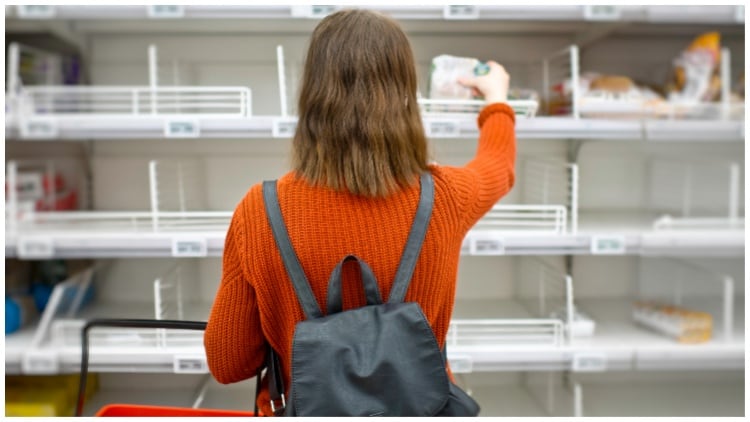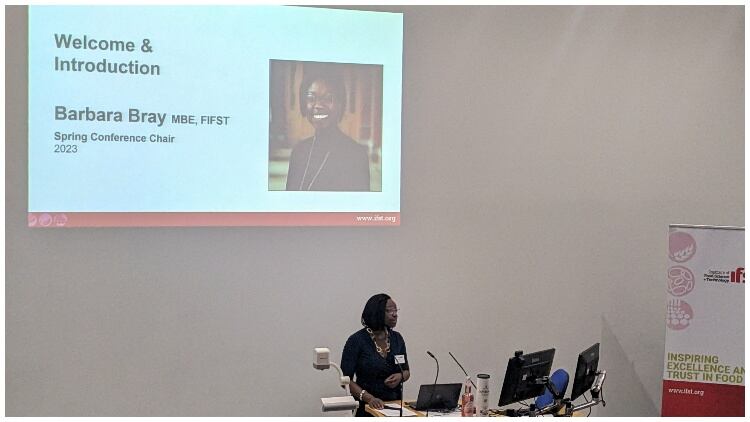The UK currently relies on imports for 47% of its food. But Brexit, the war in Ukraine and abnormal climatic events - such as the bad weather in Spain which resulted in shortages of fruit and vegetables - have demonstrated that there is very little capacity in the system to absorb unforeseen shock even in advanced, developed countries, according to Professor Yoshihide Wada, a plant scientist at King Abdullah University of Science and Technology (KAUST).
“The war in Ukraine is a stark example of how disruption in one country can severely endanger food supplies to poor, developing countries that rely on imports of basic foodstuffs, but it would be a mistake to conclude that developed countries aren’t also vulnerable,” Wada said.
“Recent double-digit increases in the price of food and pronounced shortages of normally plentiful supplies of certain fruits and vegetables are early indications of a supply system under strain. The situation could quickly deteriorate as global warming accelerates.
“As extreme and unfavourable climatic events become more common, the pressure on food, land and water resources will intensify. And as individual countries that once took their food abundance for granted become less inclined to export any surpluses, so, too, the competition for food security will increase.
“We cannot assume it will be business as usual if we are to rise to this challenge."
Integral to the effort will be academics working across disciplines in areas such as food, water, energy, demography, economics governance and ecosystems to analyse and model 'tipping points' — extreme destabilising events in society and nature, from local to global levels.
What those tipping points might be is difficult to predict, though Wada pointed to the spread of bird flu that led to the culling of hundreds of millions of chickens and saw UK farmers fear for a shortage of Christmas turkeys, the droughts that recently impacted US agriculture, and the disruption to global food supplies caused by the COVID-19 pandemic as the types of events that lead to ramifications worldwide.
Wada said food security - which is to be one of the main themes at the Global Sustainable Development Congress hosted by KAUST later this month - is not just a matter of growing or importing enough food but also a case of ensuring it's sustainable, affordable and available.
“And that entails implementing energy-efficient, environmental practices and understanding the complexity and interconnectedness of what constitutes food security — from water and land use, to storage, transport, demographics and energy consumption," he concluded.
You can find out more about food security and the UK in our mini documentary series - episode one, which features the expertise of Anna Taylor of the Food Foundation, is available to watch here for free.





